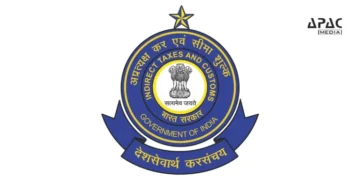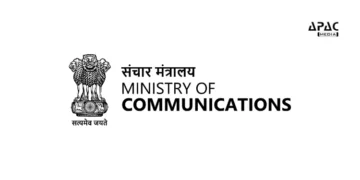Mumbai: The Reserve Bank of India (RBI) has constituted an eight-member committee to develop a framework for the ethical and responsible use of artificial intelligence (AI) in the financial sector. The initiative aims to address the growing adoption of AI in financial services and its associated risks.
Focus Areas of the Panel
The committee, led by Pushpak Bhattacharyya, a professor at IIT Bombay’s Department of Computer Science and Engineering, will assess the current state of AI adoption in the financial sector in India and globally. It will also review international regulatory approaches to AI, with a focus on financial services.
Additionally, the panel will identify risks linked to AI applications in the sector and suggest a framework for their evaluation, mitigation, and monitoring. This framework will include compliance guidelines for financial institutions, such as banks, non-banking financial companies (NBFCs), FinTechs, and payment system operators (PSOs).
Governance and Ethical AI
The panel’s mandate includes drafting a governance framework for the ethical adoption of AI models and applications in the Indian financial ecosystem. The RBI emphasized that this step is crucial to ensure transparency, accountability, and fairness in AI implementation.
Composition of the Committee
The committee comprises experts from diverse domains:
Debjani Ghosh (Independent Director, Reserve Bank Innovation Hub)
Balaraman Ravindran (Head, Wadhwani School of Data Science and AI, IIT Madras)
Abhishek Singh (Additional Secretary, Ministry of Electronics and IT)
Rahul Matthan (Partner, Trilegal)
Anjani Rathor (Group Head and Chief Digital Experience Officer, HDFC Bank)
Sree Hari Nagaralu (Head of Security AI Research, Microsoft India)
Suvendu Pati (CGM, FinTech Department, RBI)
Timeline
The panel has been tasked with submitting its recommendations within six months of its first meeting.
This initiative comes as AI increasingly influences decision-making in financial services, raising concerns about data privacy, algorithmic bias, and regulatory gaps. By setting ethical guidelines, the RBI aims to ensure AI adoption enhances efficiency without compromising fairness or consumer trust.
Also Read –
RBI Increases UPI Lite Wallet Limit to Rs 5,000 Amid Rising Digital Transactions






































































Discussion about this post